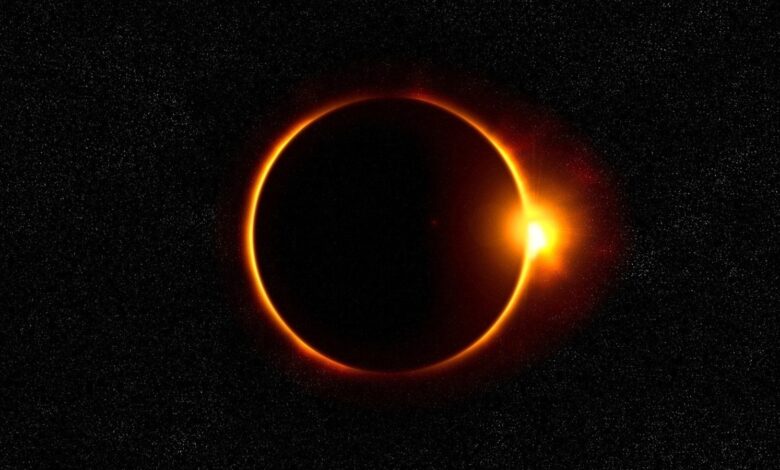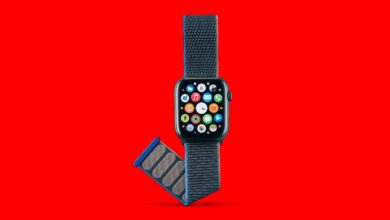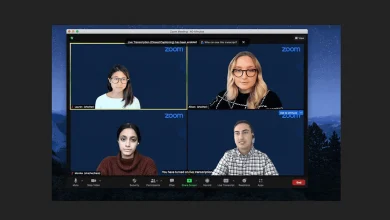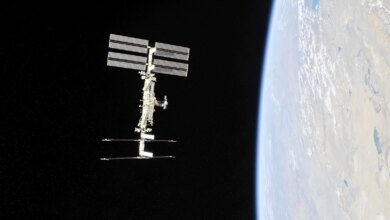Annular Solar Eclipse 2023: Check NASA guidelines to protect your eyes and where to watch

The annular solar eclipse 2023 will take place on Saturday, October 14. A celestial spectacle that will grace the skies above the United States. It is also known as a ‘ring of fire’ eclipse. During this breathtaking event, the Moon will pass between the Earth and the Sun, creating mesmerizing phenomena. If you are planning to watch this cosmic display, it’s crucial to remember that observing a solar eclipse requires the utmost caution to safeguard your vision. Lance Bass, a well-known figure, has teamed up with NASA to share some invaluable safety tips.
Solar Eclipses
According to NASA, an annular solar eclipse happens when the Moon passes between the Sun and Earth,at the time when it is at or near its farthest point from Earth. Since the Moon is farther away from Earth, it appears smaller than the Sun and does not completely cover the Sun. Therefore, the Moon appears as a dark disk on top of a larger, bright disk, creating what looks like a ring of fire around the Moon.
We are now on WhatsApp. Click to join.
Protecting Your Eyes
Lance Bass emphasizes that it is never safe to look directly at the Sun during an annular eclipse, or any solar eclipse for that matter, without the proper eye protection designed for solar viewing. Regular sunglasses won’t suffice; you need specialized eclipse glasses. These glasses must meet the ISO 12312-2 international standard to ensure they provide adequate protection.
Alternatives to Eclipse Glasses
If you don’t have eclipse glasses, don’t attempt to look directly at the Sun. Instead, consider using indirect viewing methods like a pinhole projector. You can easily create one using an index card with a small hole, projecting an image of the eclipse onto a nearby surface. Remember to position yourself with the Sun at your back when using this method to safely view the projected image.
NASA’s Safety Recommendations
NASA explains the importance of using proper eye protection during partial and annular solar eclipses. Looking at the Sun through a camera lens, telescope, binoculars, or any optical device is extremely dangerous, as the concentrated solar rays can burn through the filter and cause serious eye injury.
One more thing! HT Tech is now on WhatsApp Channels! Follow us by clicking the link so you never miss any update from the world of technology. Click here to join now!




